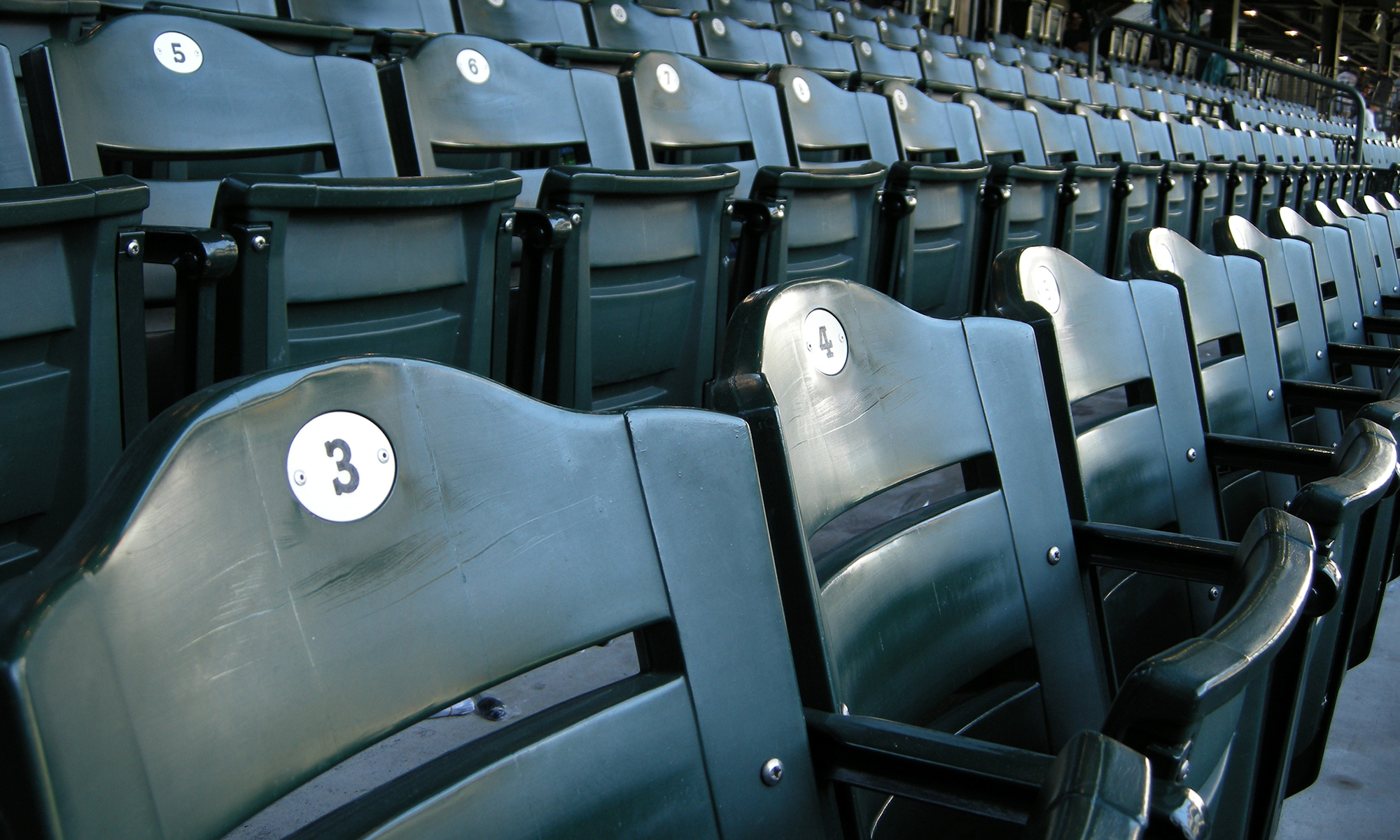The State of Florida–home to several major universities spanning multiple athletic conferences–has broadly reformed Florida Statutes §§ 468.453 and 1006.74, which govern student-athletes who wish to capitalize on their name, image, and likeness publicity rights. Florida’s amendments to its NIL laws effectively lift restrictions that had been in place since 2021.
Previously, Florida’s NIL law imposed certain restrictions on colleges (public and private), school personnel, and student-athletes which–while still permitting student-athletes to earn NIL money–limited (among other things) what student-athletes could be paid for and who could be involved in deal negotiations. As of February 16, 2023, those restrictions are largely gone.
More specifically, according to the Florida Senate’s bill summary, the Sunshine State’s new law removes:
- Requirements regarding compensation that intercollegiate athletes may earn from the use of their NIL and restrictions on institutional involvement in NIL activities;
- Requirements and prohibitions for postsecondary educational institutions whose intercollegiate athletes seek to earn compensation or to have professional representation; and
- Restrictions relating to contracts for the use of an intercollegiate athlete’s NIL.
In real-world terms, Florida’s repeal of these restrictions opens the doors to schools, teams, and coaches to help arrange deals for student-athletes. Previously, some in the field viewed Florida’s ban on school officials “caus[ing] compensation” to be paid to current or prospective athletes as overly strict and inconsistent with other states’ laws.
Florida also removed its provision barring individual NIL deals from “conflict[ing] with a term of the intercollegiate athlete’s team contract.” This sets Florida apart from other states with NIL laws prohibiting a student-athlete from entering into deals that would conflict with his or her team’s contract. Legal issues requiring legal counsel may arise when a student-athlete’s NIL deal clashes with a contractual obligation of the athletic department as a whole.
Florida law still requires colleges to conduct two “financial literacy,” “life skills,” and “entrepreneurship” workshops for a minimum of 5 hours before graduation and maintains certain licensing and character requirements for persons who want to work as an agent for student-athletes.
One other unique facet of (previous) Florida law was that, under the former law, a student-athlete’s compensation had to be “commensurate with the market value of the authorized use of the athlete’s name, image, or likeness.” That provision, like much of Florida’s NIL old NIL law, is no more. The practical effect of its removal, however is unclear, because the law in its prior form neither included an enforcement mechanism nor specified who might have standing to sue under such a provision.
Duane Morris operates two offices in Florida and has attorneys ready to assist any party with an interest in, or dispute over, an NIL deal.
